As hérnias da parede abdominal cada vez mais se torna uma área de atuação cirúrgica. Tivemos muitos avanços nos últimos anos, desde novos conhecimentos anatômicos, novas técnicas cirúrgicas e possibilidade cada vez maior do uso de vias minimamente invasivas (videolaparoscopia e robótica). O curso de pós graduação em hernias da parede abdominal contemplará a formação completa necessária para a prática clínica e cirúrgica na correção dos defeitos da parede abdominal. Serão 4 módulos abrangendo desde os conceitos anatômicos da parede abdominal, principais técnicas cirúrgicas , hérnias inguinais, ventrais, incisionais, lombar e hérnia de hiato. Através de módulos com extensa entrega de conteúdo teórico, intercalado com atividades práticas em modelo vivo, cadáver lab, uso de diversas plataformas de simulação e atividades de imersão com acompanhamento e prática Hands on em casos no centro cirúrgico acompanhado de professores cirurgiões experts em parede abdominal e grandes referências na área.



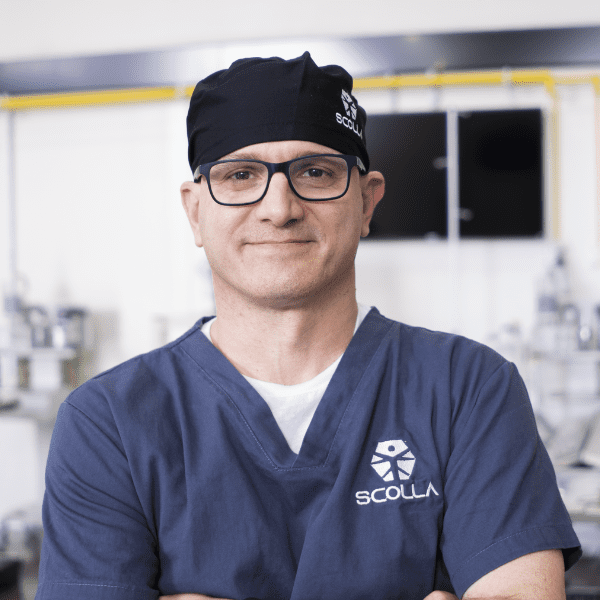





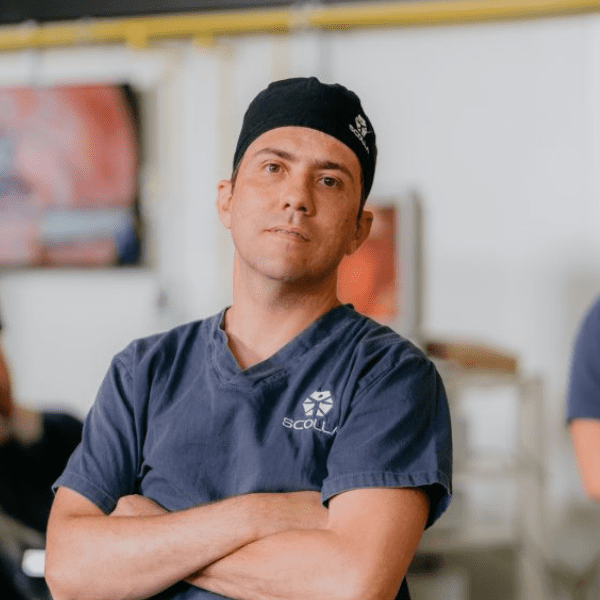





Brasil



Brasil
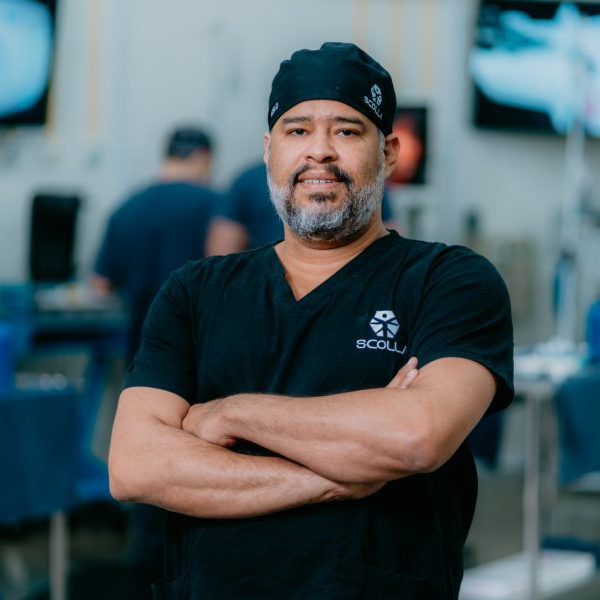


Brasil



Brasil



Brasil



Brasil



Brasil



Brasil



Argentina



Argentina



México



México



Colômbia



Colômbia






Brasil



Brasil



Brasil



Brasil



Brasil



Brasil
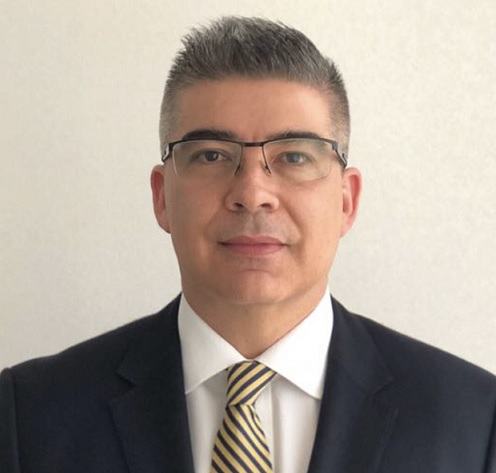


Chile



Chile



Brasil



Brasil
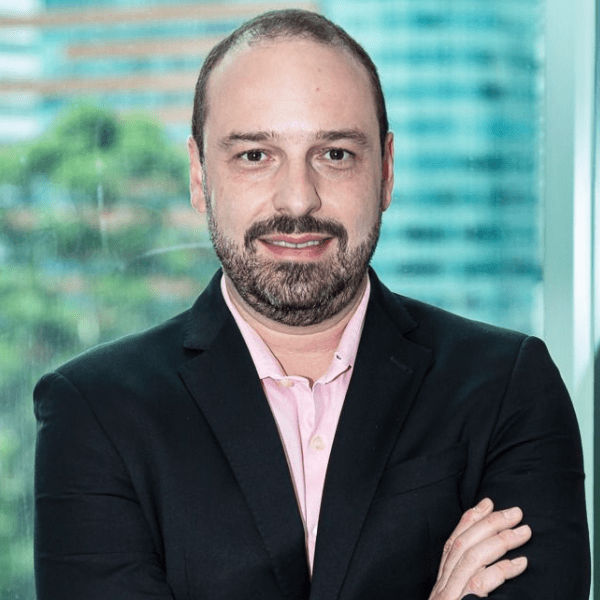


Brasil



Brasil
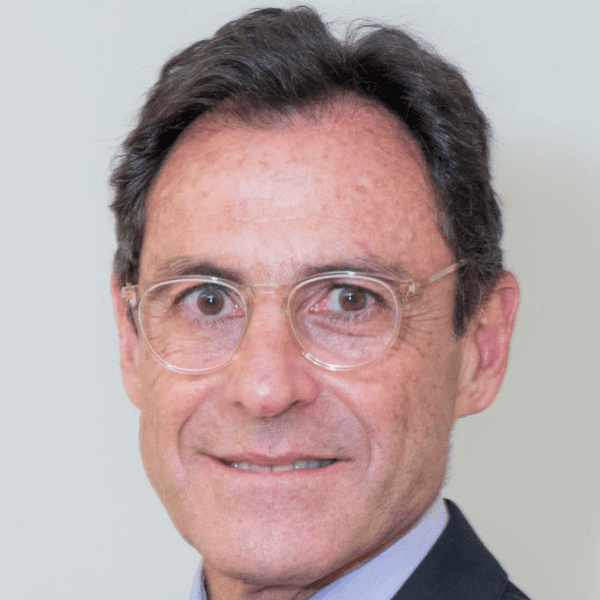


Brasil



Brasil
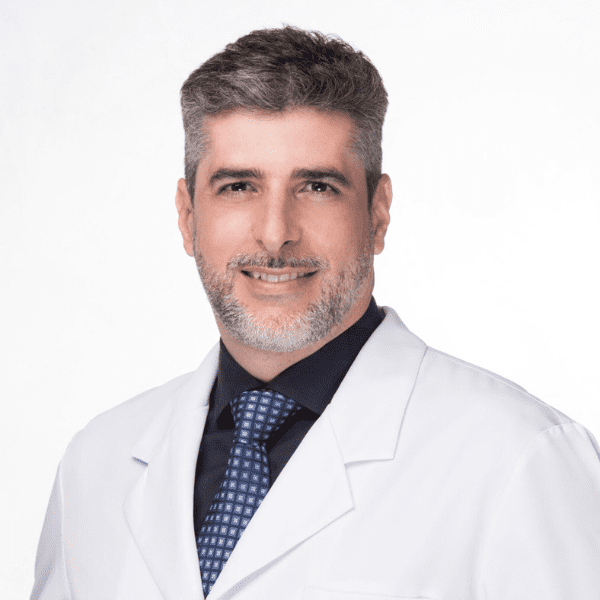


Brasil



Brasil



Brasil



Brasil
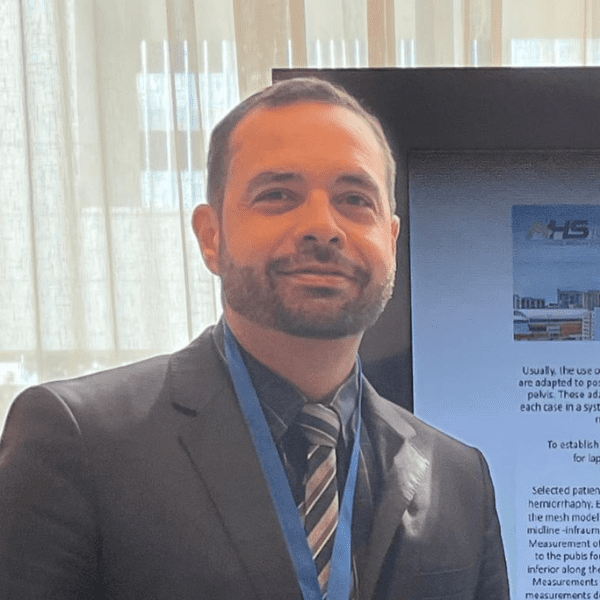


Brasil



Brasil



Brasil



Brasil



Brasil



Brasil
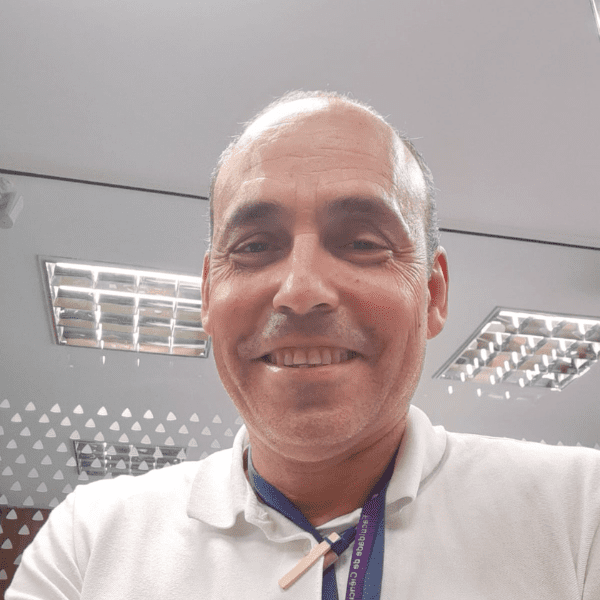


Brasil



Brasil
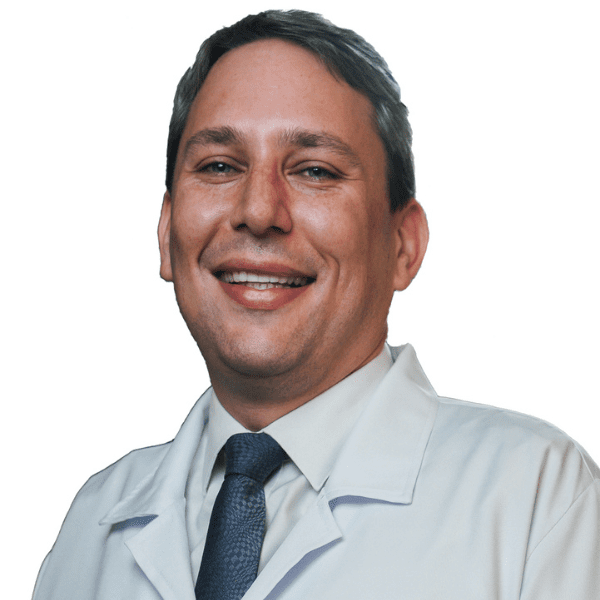


Brasil



Brasil



Brasil



Brasil
O treinamento é teórico e prático para conhecimento do funcionamento e componentes da plataforma tecnológica a ser utilizada em cirurgia.
Toda a capacitação presencial envolverá a utilização de:
As aulas acontecerão da seguinte forma:
| Módulo Híbrido | Atividade | Dia da Semana | Horário | Tipo | Diária (h/a) |
Semanal (h/a) |
Módulo | Total
Curso |
| Aulas Teóricas | 2º a 4º | 19:00 a 22:00 | Online | 3 | 9 | 9 | 36 | |
| Cirurgias Ao Vivo | 6º | 8:00 a 18:00 | Presencial | 10 | 10 | 10 | 40 | |
| Aulas Práticas Hands-on | Sábado e Domingo | 8:00 a 18:00 | Presencial | 10 | 20 | 20 | 80 | |
| Análise e Avaliação de Cirurgias Gravadas | Livre | livre | Online | 9 | 9 | 9 | 36 | |
| Módulo Empreendedorismo e Gestão da Carreira Médica | Aulas Teóricas | À Definir | à definir | Online | À Definir | À Definir | 52 | 52 |
| Estágio Supervisionado | Acompanhamento de Cirurgias | 2º a 6º | 8:00 a 17:00 | Presencial | 8 | 40 | 80 | 80 |
| Atividades Complementares | Leitura de Artigos, Estudo de Caso e Cirurgias Gravadas | Livre | livre | Online | Livre | Livre | 9 | 36 |
| TOTAL | 360 | |||||||
Carga horária total de 360 horas sendo divididas em 280 horas de atividades teóricas e práticas e 80 horas de estágio supervisionado
4 Módulos híbridos com 57h/a cada
10h/a de cirurgia ao vivo
20h/a de práticas hands-on
9h/a de aulas teóricas ao vivo
9h de análise /avaliação de cirurgias avançadas
9h de leitura de artigos e estudo de casos
80h de estágio observacional com os coordenadores do curso
Com carga horária de 52h/a, a matéria é ministrada totalmente online
7 a 9 de abril – Aulas teóricas online
11 a 13 de abril – Aulas práticas na Scolla em Curitiba/PR
Novidade: Mutirão de Cirurgias de Hérnias da Parede Abdominal
Essa será uma experiência única para alunos que desejam aprimorar seus conhecimentos em cirurgia minimamente invasiva, atuando ao lado de especialistas renomados. Como parte das atividades do primeiro módulo da pós-graduação, os participantes terão uma imersão prática intensiva, acompanhando e participando de procedimentos cirúrgicos reais. Além do aprendizado técnico avançado, essa iniciativa promove um impacto social significativo, beneficiando pacientes que necessitam do tratamento. Também será uma excelente oportunidade de networking com grandes nomes da cirurgia, enriquecendo a trajetória acadêmica e profissional dos alunos.
• História da cirurgia de hérnia
• Anatomia da parede abdominal
• Anatomia da região inguinal
• Diretrizes e classificações internacionais de hérnias inguinais
• Classificação/divisão geral das hérnias de parede abdominal
• Diagnostico e indicação de cirurgia de hérnias da região inguinal
• Técnicas abertas para correção das hérnias da região inguinal
• Hérnia femoral e outras hérnias ocultas
• Hernia inguinocrural na emergência
• Hernia inguinoescrotal e hérnia direta volumosa
• Dor crônica após Herniorrafia inguinal
• Hernia do esporte
• TEP e TAPP na hérnia inguinocrural
• E-tep nas hérnias inguinocrurais
• Cirurgia Robótica nas hérnias inguinocrurais
19 a 21 de maio – Aulas teóricas online
23 a 25 de maio – Aulas práticas na Scolla em Curitiba/PR
• Hernia do esporte
• Como escolher a tela?
• Tipos de fixação para a tela
• Telas biológicas e absorvível: faz sentido?
• Hérnias na População Pediátrica – apanhado geral
• Planejamento: como diminuir as chances de complicação na minha cirurgia
• Planejamento: exames de imagem
• Pneumoperitoneo progressivo, como fazer?
• Toxina Botulínica no Reparo de Hérnia da Parede Abdominal
• Prevenção de hérnias da parede abdominal (tela profilática … fechamento da laparotomia)
• Hernia umbilical e epigástrica: opções de tratamento
• Spigelian, hérnias de flanco, suprapúbica e subxifóide: e agora?
• Hernias incisionais
• Hernia lombares
30 de junho e 01 de julho – Aulas teóricas online
03 e 04 de julho de 2025 – Piracicaba - SP (curso pré-congresso ao CBH 2025)
Realizado em Piracicaba, este módulo oferecerá um curso hands-on, permitindo que os participantes acompanhem, sob a supervisão de especialistas renomados, procedimentos cirúrgicos durante a rotina de um centro cirúrgico real. Serão abordadas técnicas avançadas, como TAPP, TEP, VENTRAL TAPP, LICHTENSTEIN, entre outras, proporcionando uma vivência direta e intensiva dentro do ambiente cirúrgico. Essa imersão será uma oportunidade única para aprimorar habilidades técnicas, consolidar o conhecimento adquirido nos módulos anteriores e fortalecer a experiência prática dos alunos em um contexto real de atendimento.
• Técnicas Abertas: Reparos Anatômicos com e sem Malha
• Transposição de saco herniário (Técnica de Alcino Lázaro)
• Separação de componentes – anterior
• Separação de componentes
• Hernia ventral, quais técnicas minimamente invasivas posso indicar
• Ipum, ipum plus
• Ventral tapp
• Etep e Retep
• Tarup
• Tarm
• Tar
• Lira
11 a 13 de agosto – Aulas teóricas online
15 a 17 de agosto – Aulas práticas na Scolla em Curitiba/PR
• Milos e emilos
• Hérnia de hiato (DRGE)
• Hernia diafragmatica – Morgagni e Bochdalek
• Tratamento de Hérnias Parastomais
• Como formar um centro de hernia de parede
• Qual função da equipe multidisciplinar
• Radiologia, Inteligencia artificial,robotica no tratamento das hérnias
• Anestesia em hernia
• Pesquisa em hernia
• Importancia do follow-up
Estágio supervisionado é uma atividade obrigatória que consiste na imersão dos alunos acompanhando a rotina dos serviços cirúrgicos em que atuam os coordenadores e professores do curso.
Este módulo 100% online visa orientar a reflexão de carreiras do profissional médico de modo a estabelecer as bases do planejamento de carreiras e empreendedorismo por meio de ferramentas de design e planejamento com a estruturação de cenários e resultados possíveis.
75% de frequência às aulas
Conceito “C” na avaliação geral
Residentes médicos e cirurgiões gerais com comprovação de experiência em Cirurgia de Hérnia.
Cirurgiões de Hérnia com formação completa.
Antes de emitir as suas passagens, fale com o nosso atendimento comercial.
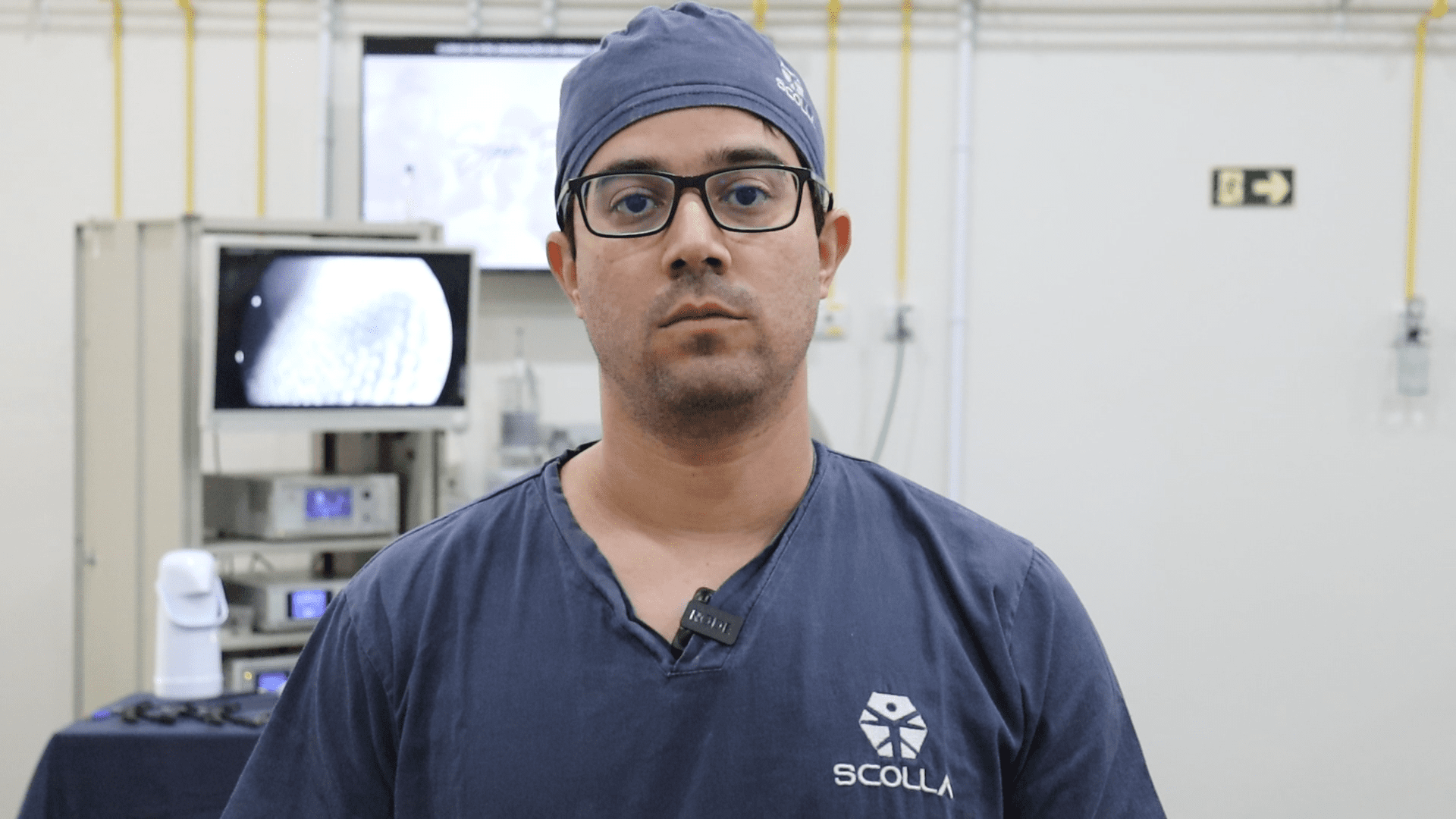

Cirurgião Geral de Floriano - PI
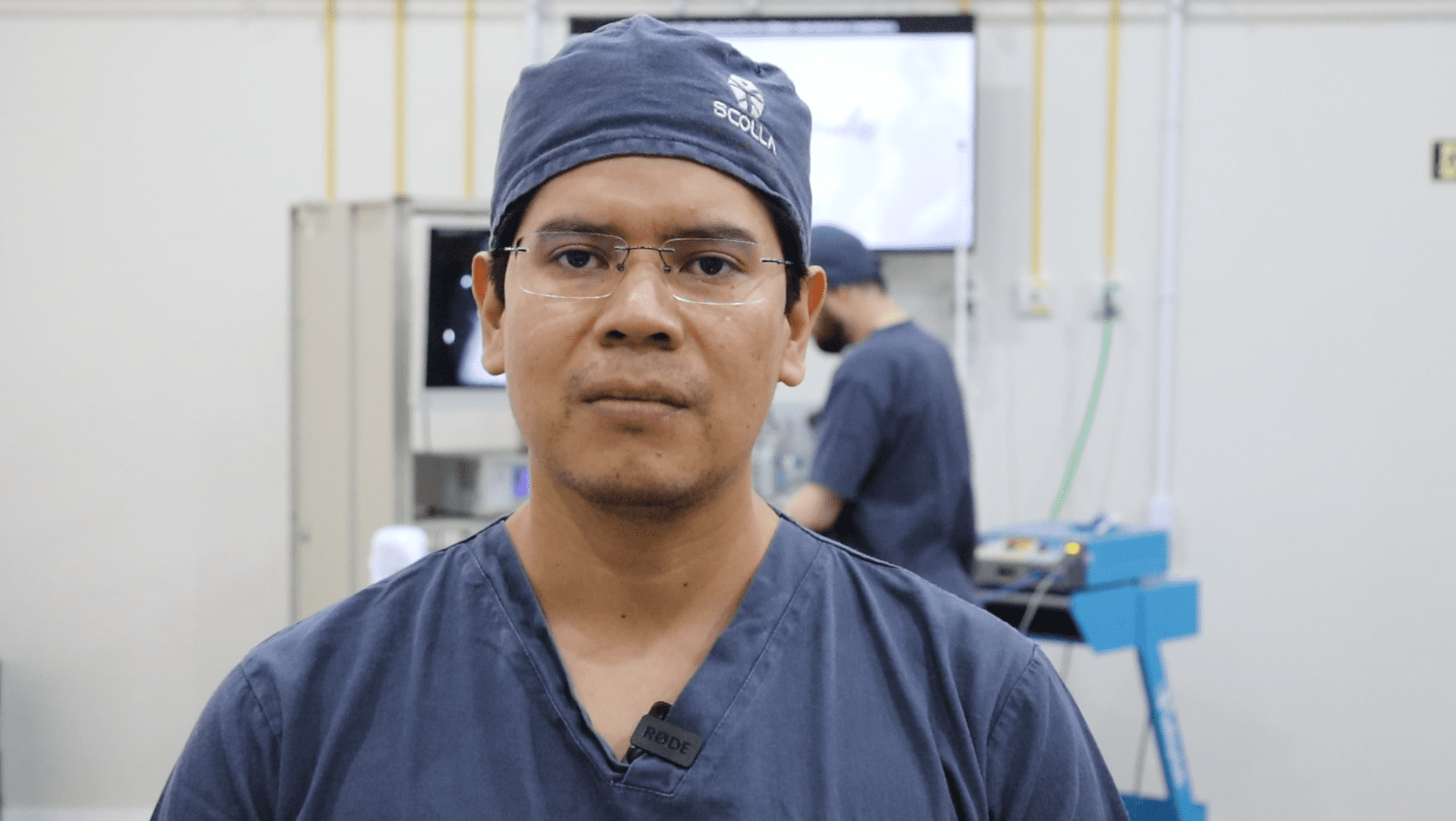

Cirurgião Geral de Cochabamba - BO
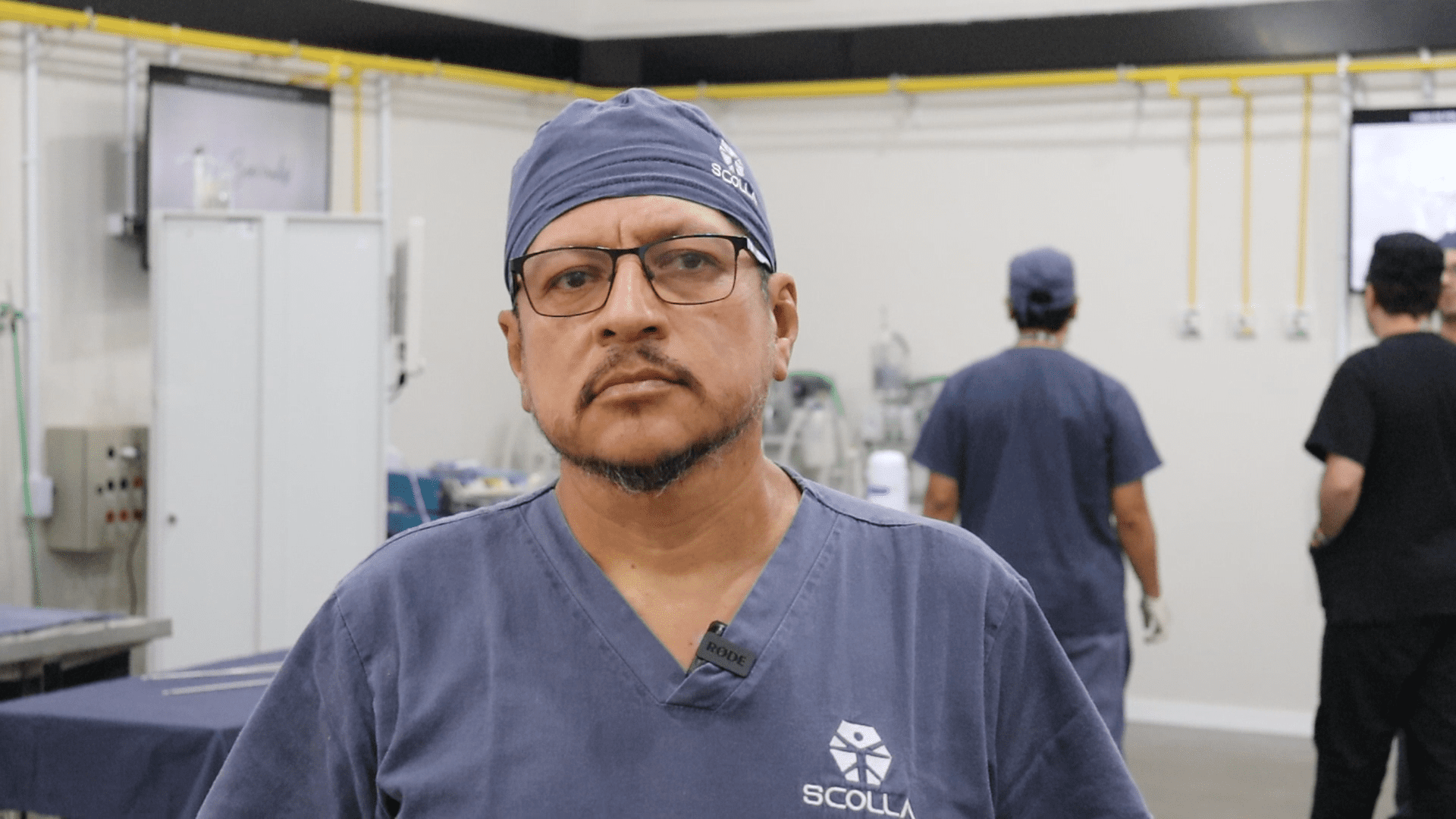

Cirurgião Geral de Manaus - AM
INVESTIMENTO:
sendo feito em taxa de matrícula de R$ 4.900,00 e 13x de R$ 4.900,00 na recorrência (sem comprometer o limite do cartão de crédito) ou à vista via pix.
Para sua comodidade, evite cartões virtuais, para garantir que o pagamento recorrente seja processado com sucesso.
Antes de emitir as suas passagens, fale com o nosso atendimento comercial.
Receba nossa Newsletter
Scolla © – Todos os Direitos Reservados
Scolla © – Todos os Direitos Reservados
Em conformidade com as Leis nº 12.965/2014 (Marco Civil da Internet) e nº 13.709/2018 (Lei Geral de Proteção de Dados – LGPD), ao enviar os meus dados de cadastro, autorizo o Scolla Centro de Treinamento Cirúrgico com Resultado a utilizar meus dados para o envio de notificações por e-mail ou outros meios de comunicação que possam ser do meu interesse.